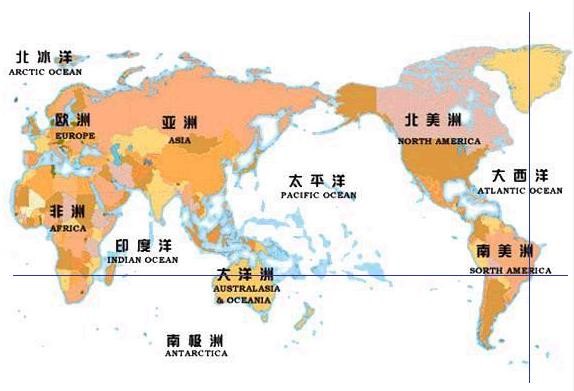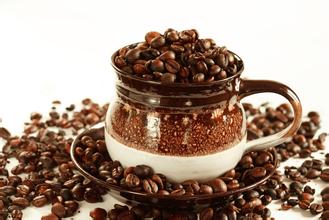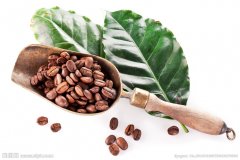Pokuit, boquete producing area of Caesalus Manor in Panama
Coffee was introduced into Panama in 1780, when Europeans introduced the first Typica tree species. After that, this mysterious and strange drink conquered the senses of Panamanians, and the local people began to grow it widely.
Casa Ruiz, S.A., Panama. Manor, founded in 1920, is located in the Boquete producing area of Baru Volcano Volcano, which is located in the Poquet Valley in the skirt of Baru Volcano in northwestern Panama. Has experienced three generations of coffee planting experience, Caesar Louise (Casa Ruiz, S.A.) The family has brought together more than 300 local small family farms and small estate coffee farmers to join partners from planting, reprocessing, baking and marketing, unlike a single manor that cannot increase production scale. Coffee varieties are Typica, Caturra, Catuai, Mundo Novo and Bourbons. The average annual rainfall is 3000 millimeters (between May and November), the annual average temperature is 14,000 degrees C, and the altitude is more than 1400 meters. Casa Ruiz, S.A. The family and his coffee partners chose to follow the Boquete growing area, which is traditionally environmentally friendly and maintains the natural ecosystem, and because the natural trees in the area provide rich natural environmental resources, the environment has become a transit habitat for migratory birds.
Casa Ruiz, S.A., Panama. Because of his high-quality technology, strict control of every detail, layer upon layer of screening, recording and review, he is undoubtedly one of the best estates in Best of Panama. This batch is exported through his own company, from raw bean appearance, consistency and freshness to dry aroma and flavor, with very distinctive aroma performance, clean and fresh taste, strange fruit flavor and aroma. Aromas of elegant and charming floral perfume, aromas of rice, almond tea, ripe apples, fermented ripe fruits, berries, cherries, dates, brown sugar, jasmine, oranges, sweetness, mild and clean balance, long-lasting, lively and rich fruit in finish.

Important Notice :
前街咖啡 FrontStreet Coffee has moved to new addredd:
FrontStreet Coffee Address: 315,Donghua East Road,GuangZhou
Tel:020 38364473
- Prev

Taste and characteristics of coffee what kind of coffee can meet the needs of today's society
Taste basically refers to the sensation received by the jaw (tactilesensationonthepalate). Generally speaking, sensory organs located in the tongue, stomach, and soft and hard jaws are open nerves (freeendingnerve). But after drinking the coffee, these nerve ends will sense the consistency and grease of the coffee, and the comprehensive feeling causes the body of a cup of coffee to be thick.
- Next

Rosa Geisha Cauca Valley Hope Manor, Cauca, Colombia
According to the Panamanian Emerald Manor website, rose summer coffee seeds were taken from Geisha Mountain (Mount Rosa) in southwestern Ethiopia in 1931, transplanted to Kenya in 1931 and 1932, replanted in Tanzania in 1936 and introduced to Costa Rica in 1953. It is not known when it will be introduced to Jaramillo Manor in Panama, except Panama.
Related
- Does Rose Summer choose Blue, Green or Red? Detailed explanation of Rose Summer Coffee plots and Classification in Panamanian Jade Manor
- What is the difference between the origin, producing area, processing plant, cooperative and manor of coffee beans?
- How fine does the espresso powder fit? how to grind the espresso?
- Sca coffee roasting degree color card coffee roasting degree 8 roasting color values what do you mean?
- The practice of lattes: how to make lattes at home
- Introduction to Indonesian Fine Coffee beans-- Java Coffee producing area of Indonesian Arabica Coffee
- How much will the flavor of light and medium roasted rose summer be expressed? What baking level is rose summer suitable for?
- Introduction to the characteristics of washing, sun-drying or wet-planing coffee commonly used in Mantenin, Indonesia
- Price characteristics of Arabica Coffee Bean Starbucks introduction to Manning Coffee Bean Taste producing area Variety Manor
- What is the authentic Yega flavor? What are the flavor characteristics of the really excellent Yejasuffi coffee beans?

